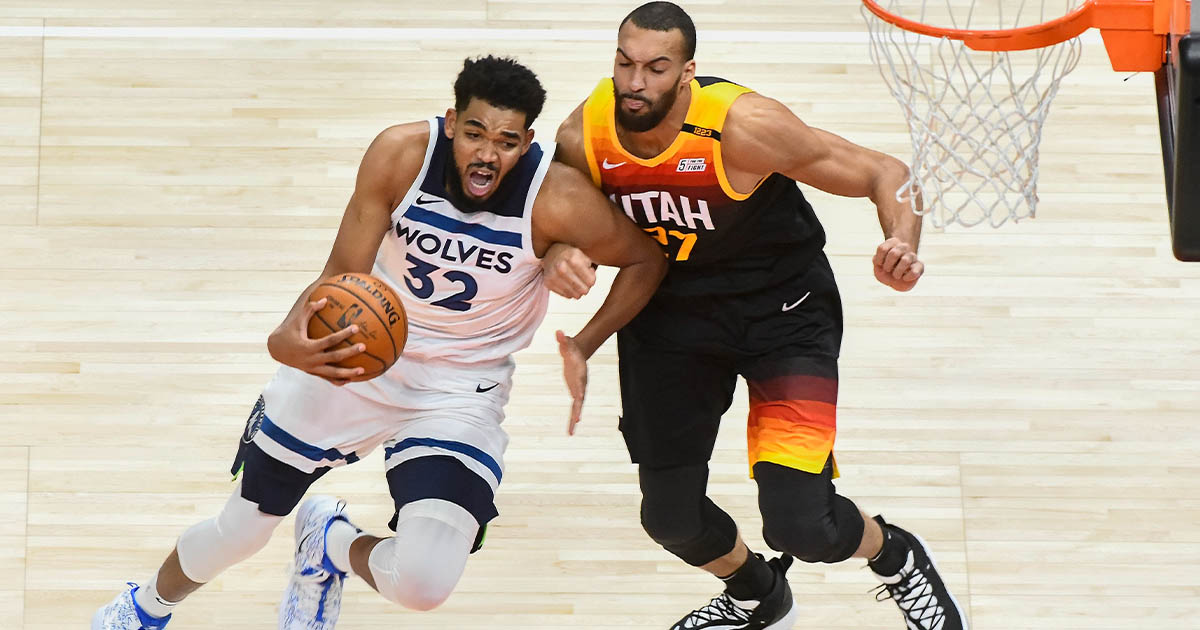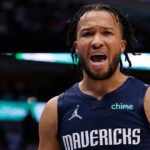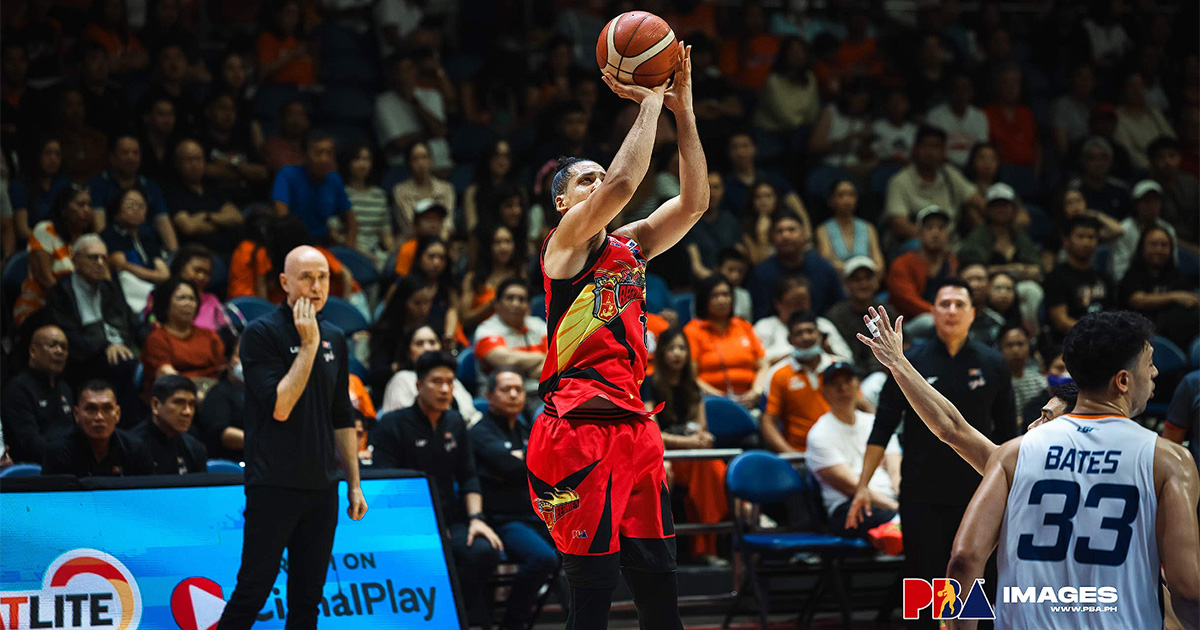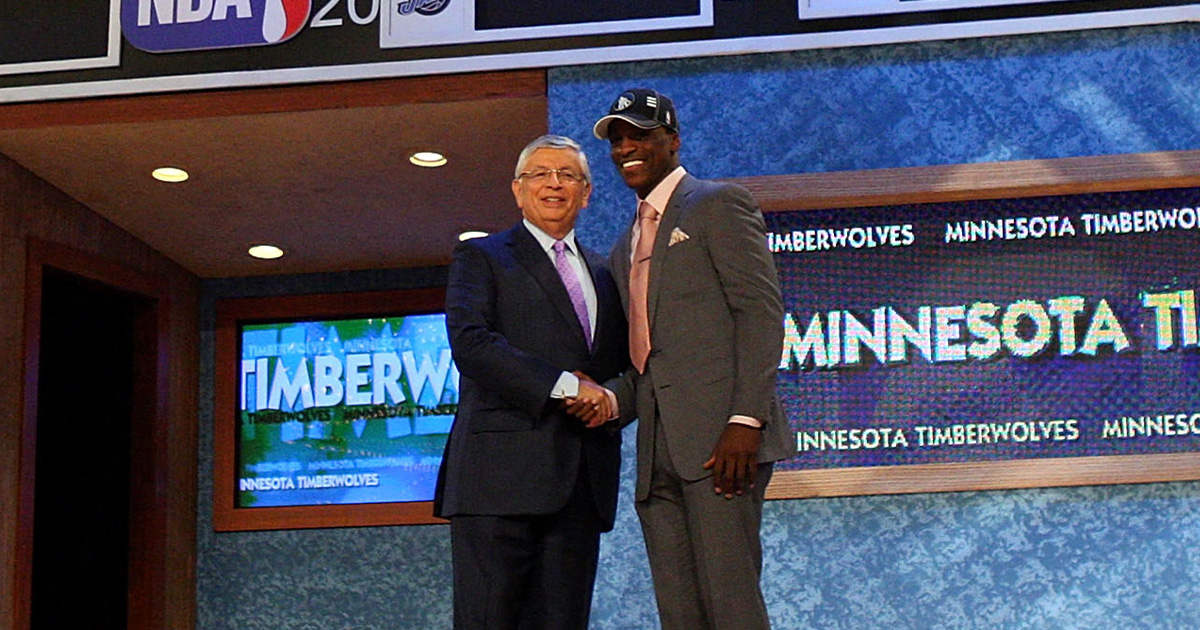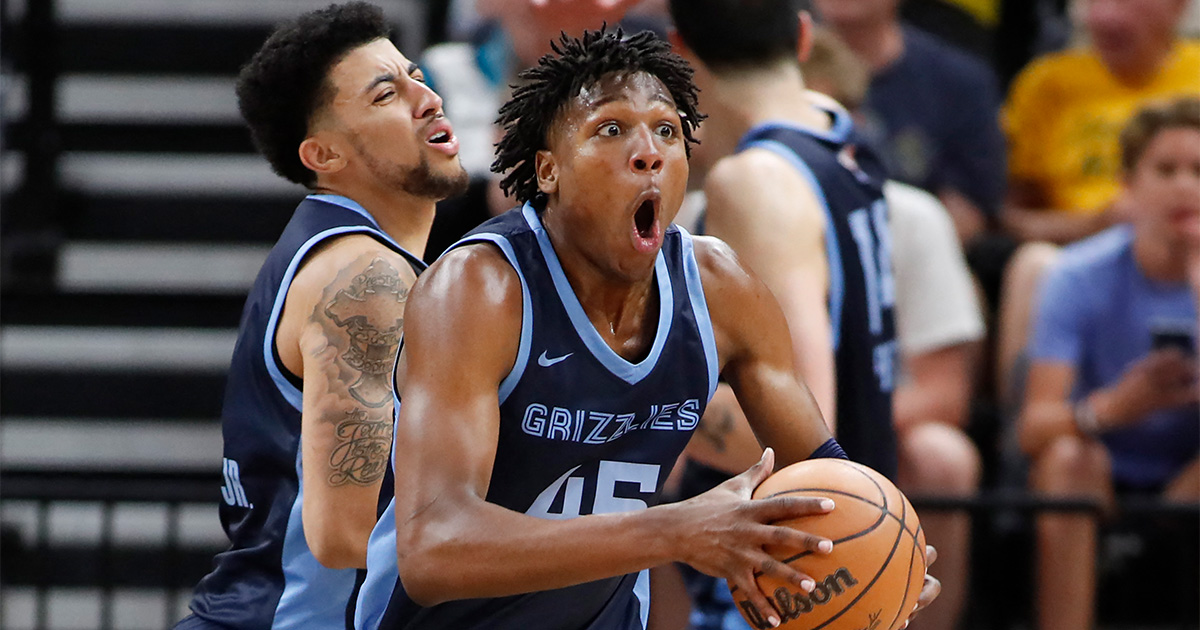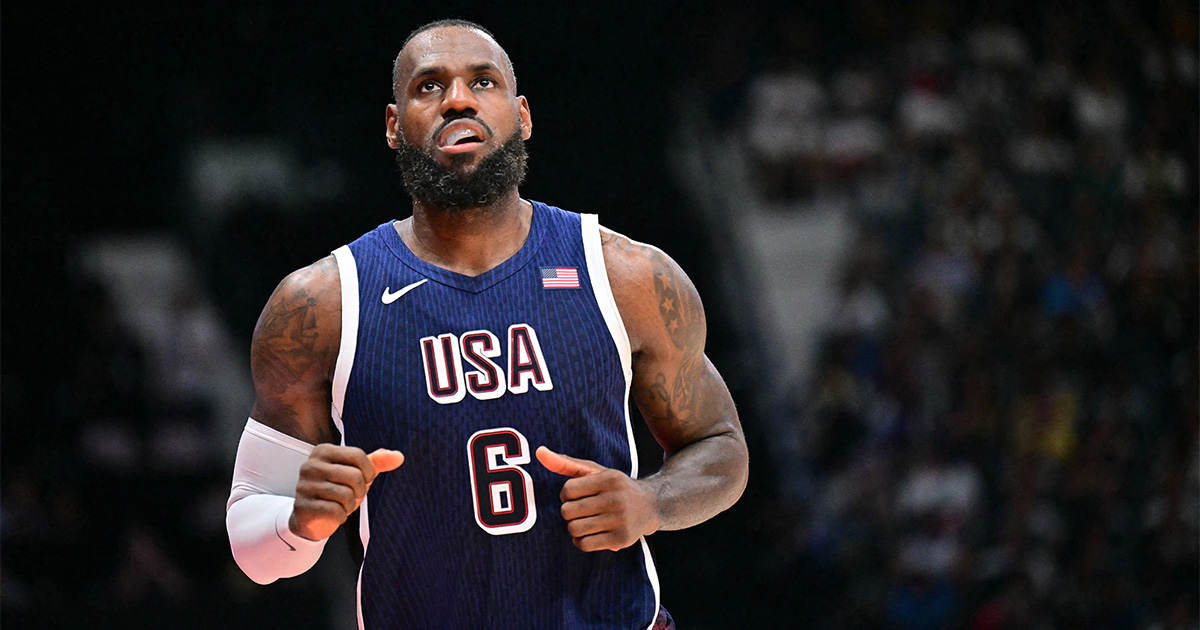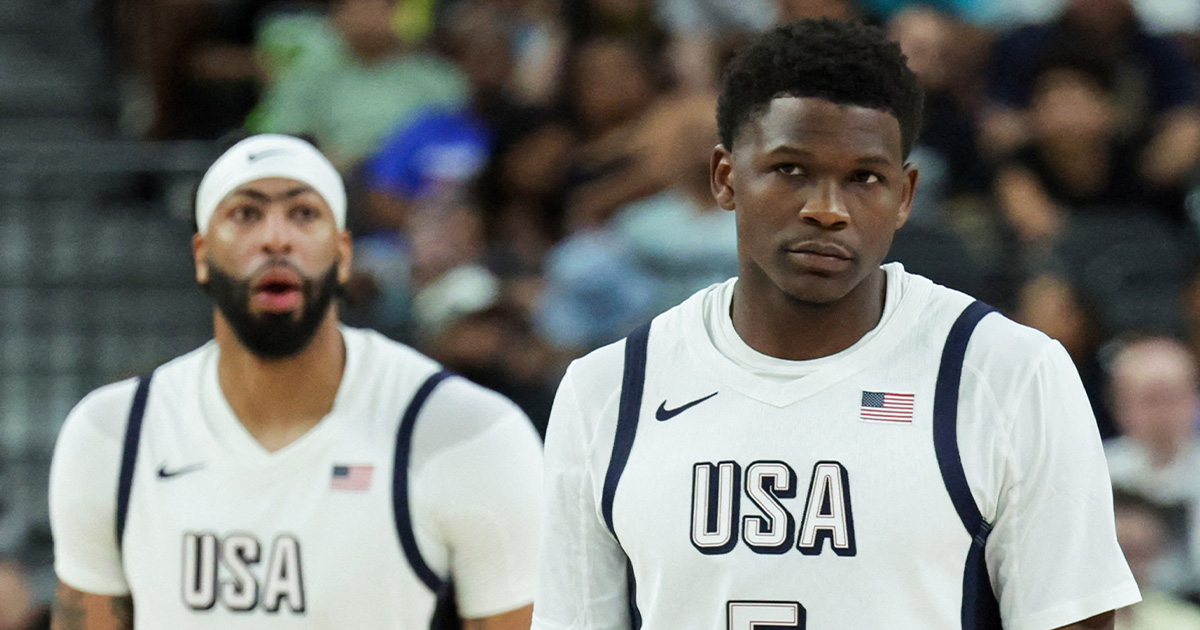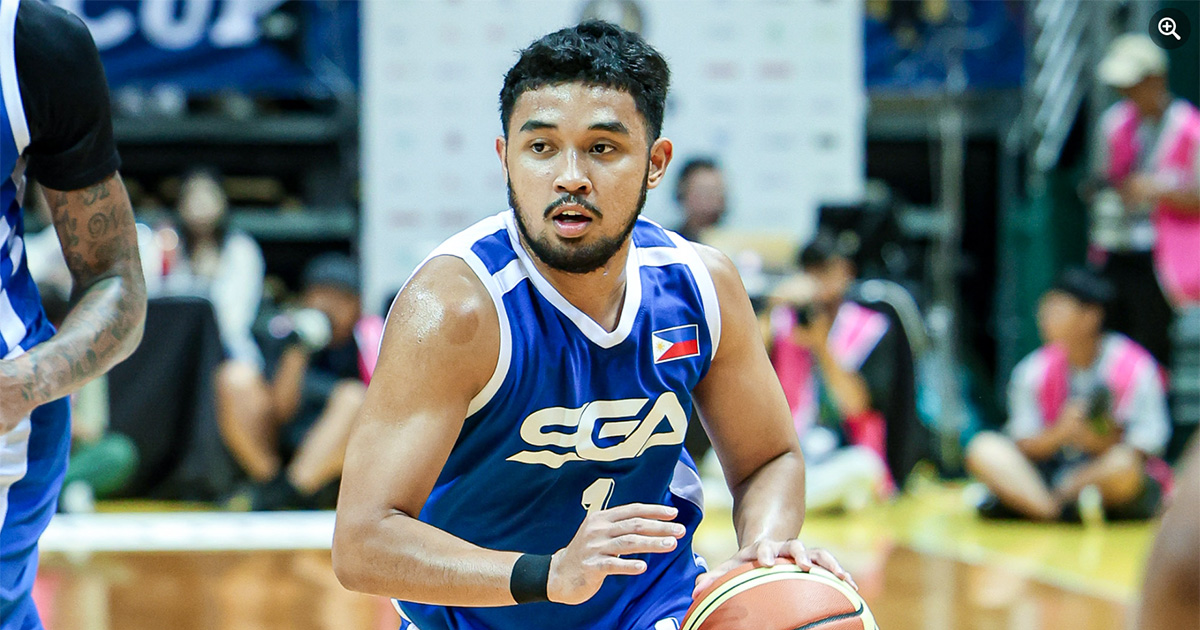While small ball has taken over the NBA during these past few years, the Minnesota Timberwolves have decided to go against the grain.
They have doubled down on size with their recent acquisition of three-time NBA Defensive Player of the Year Rudy Gobert in their bid to build off last year’s pleasantly surprising run that saw them make just their second postseason appearance since 2004.
The 7’1 center gives Minnesota an elite interior presence on defense who has averaged 11.7 rebounds and 2.2 blocks per game in his nine-year NBA career. Gobert will join the Timberwolves’ franchise centerpiece, Karl-Anthony Towns, in a physically imposing frontcourt that will be challenging for most opponents to keep up with.
The 6 ’11 Towns just recently agreed to a four-year $224 million supermax extension with Minnesota that will still kick in two years from now at the beginning of the ‘24-’25 season.
On paper, this tandem could work given that Towns has tended to drift towards the perimeter on offense. He is a career 39.7% three-point shooter which is well-above the league average of 35.4% last season.
Although his attempted threes have been reigned in from a career high 7.9 per game in ‘19-’20 to just 4.9 this past season, that mark was still the highest among all centers in the league and in between point guards Marcus Smart and Jrue Holiday.
The reduced attempts are also more correlated to the improvement of the perimeter cast around him following the arrival of Anthony Edwards and D’Angelo Russell. This number should trend upwards once again for Towns now that Gobert is onboard.
The perennial knock on the three-time NBA All-Star Gobert has been his lack of an offensive arsenal, but that should be neutralized on this Timberwolves team. Towns, Edwards, and Russell can all create their own shots and have proven to be more than happy to do so.
This is in stark contrast to the recent Utah Jazz teams that Gobert has played on where Donovan Mitchell and Mike Conley were the only players who could consistently generate their own offense.

While Gobert’s three new teammates are scoring dynamos, they have never been known for their defensive prowess, which is where he comes in. His rim protection and rebounding, among the biggest things that Minnesota has sorely lacked in recent years, were the foundation of the Jazz defense and consistently covered for the shortcomings of his teammates.
The Timberwolves’ need for a player like Gobert was most recently exposed in their six-game series loss to the Memphis Grizzlies in the first round of the playoffs a few months ago. They were unable to contain Ja Morant’s relentless drives to the basket and the aggressive rebounding of Memphis’ big men. This led to their eventual downfall and are two weaknesses that are well addressed by Gobert’s arrival.
The supersized frontcourt of Gobert, Towns, and incoming third-year forward Jaden McDaniels will be tough for opponents to match up with given their length and defensive capabilities.
Though the upside of this addition is immense, it is not without its costs. The Timberwolves had to give up three key pieces of their rotation last year in Patrick Beverley, Jarred Vanderbilt, and Malik Beasley. The loss of the defensive specialist Beverley in particular will be felt by Minnesota as he emerged as a locker room leader for them in his lone season with the team.
They also traded away their 2020 first round pick Leandro Bolmaro, Walker Kessler whom they selected 22nd overall in last week’s NBA Draft, their unprotected first round picks in 2023, 2025, and 2027, a 2026 pick swap, and a top-five protected 2029 first round pick.
The Timberwolves have essentially mortgaged their future to bet big, literally and figuratively, on this current iteration of their team. Their willingness to take risks to capitalize on their promising core should be applauded, even in consideration of what they had to give up. They have a transcendent talent in Edwards and must take full advantage of it.
Minnesota has languished near the bottom of the league in the years since Kevin Garnett’s departure in 2007 and they now have their most talented team since the end of that era. It remains to be seen how far they can go in the ever-competitive Western Conference, but they should at least be a lock for a repeat playoff appearance if their key pieces can remain healthy.

